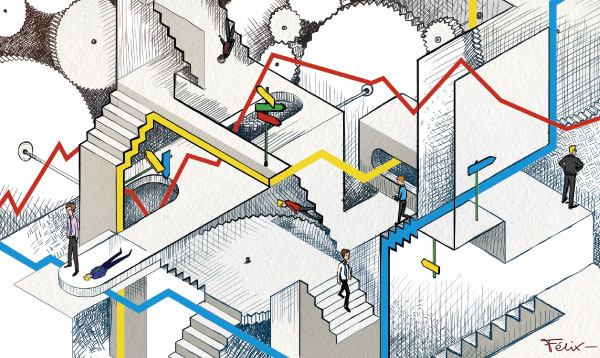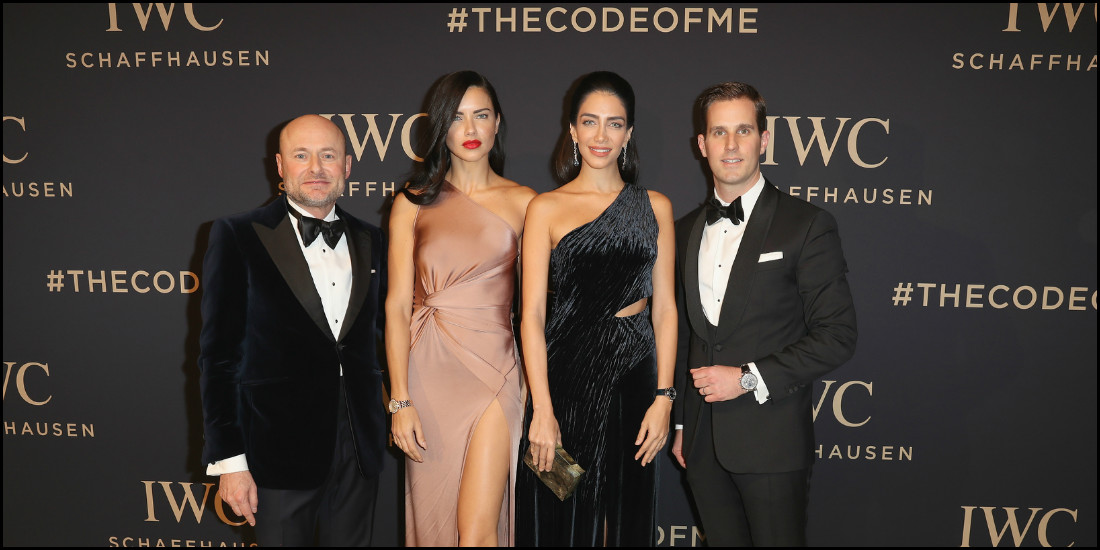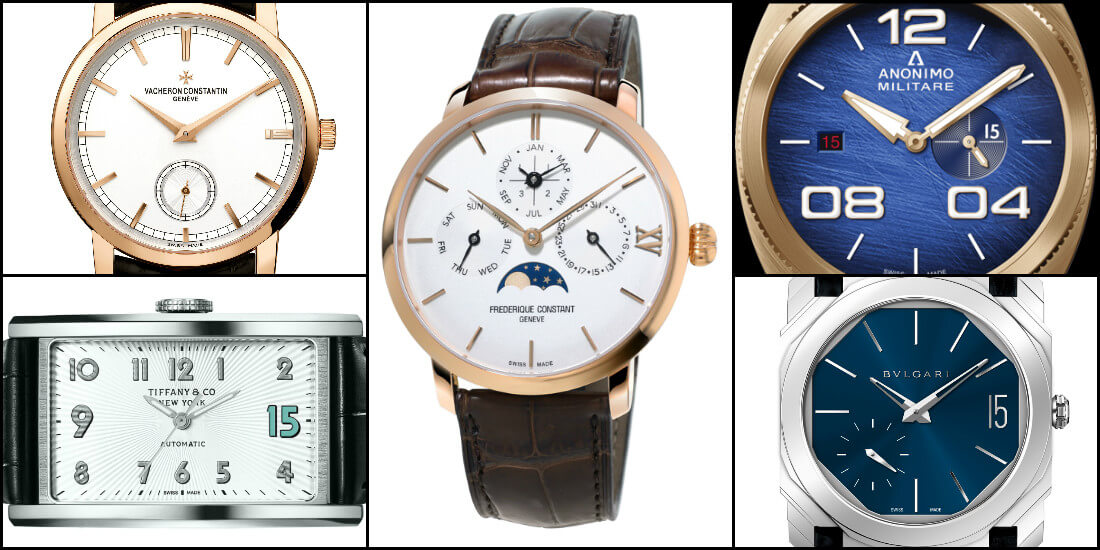
With regards to demographics, forecasts place Nigeria ahead of China before the end of the century, and Africa will thus become the continent with the highest population density (raising the number of French speakers from 200 to 700 million) and India the number one economic power. For Jacques Attali, who remains relatively optimistic for Europe, the Roman Empire did not disappear, the entire world became Roman. The same phenomenon has taken place in the West (the USA): everyone wants to become westernised. Yet this would only be viable in the long term with worldwide governance, without which the smooth interaction between the global market and local democracy naturally seizes up. The boom in individual freedoms clashes with those of others, while reciprocal, generalised needs foster individualism and forgetfulness of future generations. Capitalisation has become too impatient. The founder of the first international solidarity foundation, PlaNet Finance, advocates a ‘Positive Economy’ taking into account the needs of our children and the instatement of a long-term chamber which would speak on behalf of future generations, threatened by the market and by democracy that are too obsessed with the short term.
Trading Africa off against the BRICs?
In the shadow of the all-powerful China one can already perceive the higher head of India and the broader shoulders of Africa and for economist Carlos Braga, the faster silhouette of South America, the only continent where inequalities are shrinking, notably in Brazil. The expert on developing countries, Charles Robertson, is already anticipating a shift in Chinese growth towards Africa, which is following in India’s footsteps at a slightly quicker pace. According to him, its weight will equal that of Europe and the USA combined in half a century. This continent already has ten of the 25 countries whose economic growth has been the highest in the past decade. Its main asset lies in the highly significant increase in the life expectancy of its population, as well as in the reforms undertaken by governments since 2000 and in the level of education which has tripled in 30 years. Infrastructure facilities are being built as well as large shopping malls.
While this is going on, China is ageing and becoming middle-class, with factories heading for Africa. Demographics expert, Sarah Harper, confirms that the birth rate has dropped very low in Asia but also emphasises the ageing of Americans and Europeans, of which 30% of the population will be over 60 in 2050. Who would have thought of changing retirement age to 60 at a time that half the population died before the age of 45? The founder of the Oxford Institute of Ageing lobbies for people taking personal charge of their future as of now. Especially since inheritances tend not to occur before the age of 80, and because the planet will have between 10 and 11 billion inhabitants in 2100, of whom 80% will live in cities (versus half today).
In a completely different sphere but which is nonetheless well worth putting in perspective, Rory Sutherland, a specialist in behavioural economics, highlights the paradoxes between instinct and the rational. His motto is not to adhere to models, which basically don’t work, even though they are occasionally useful, because some of them may be dangerous. For the Vice-President of the London-based Ogilvy Group, it is nevertheless acceptable to predict certain behaviours in the next 10 to 20 years. Not only because most people are not in favour of change and do not enjoy uncertainty, but also because it is sometimes enough to offer them certain choices. When it comes to advertising in particular, it is necessary to subtly justify both high and low prices, because consumer attitudes often turn out to be irrational.
Most watch brands have already created their foundation meeting certain ethical criteria and the largest amongst them have long understood the value of achieving a geographical balance in terms of their distribution and visibility. Paradoxically, while we appear to have a certain visibility on what will be happening a quarter to a half a century down the line, the entire paradox lies in how to guide brands’ steps over the next five or ten years. But in the words of Confucius: “experience is like a lantern that one carries on one’s back: it sheds light only on the path already travelled”. We can thus look forward to the 6th forum that will hopefully opt to train a closer-range spotlight on 2020.






